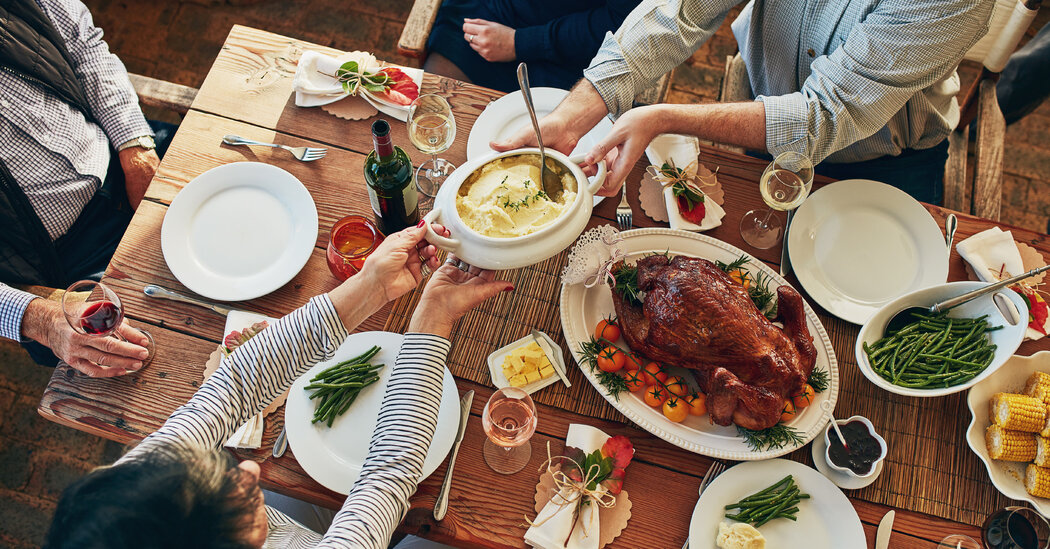
Rapid tests are sometimes in short supply, but can be found at retailers like Amazon, Walmart, Kroger, CVS or Walgreens, both online and in stores. Many of them are pricey, often costing around $24 for two tests.
What to Know About Covid-19 Booster Shots
The F.D.A. has authorized booster shots for millions of recipients of the Pfizer-BioNTech, Moderna and Johnson & Johnson vaccines. Pfizer and Moderna recipients who are eligible for a booster include people 65 and older, and younger adults at high risk of severe Covid-19 because of medical conditions or where they work. Eligible Pfizer and Moderna recipients can get a booster at least six months after their second dose. All Johnson & Johnson recipients will be eligible for a second shot at least two months after the first.
Yes. The F.D.A. has updated its authorizations to allow medical providers to boost people with a different vaccine than the one they initially received, a strategy known as “mix and match.” Whether you received Moderna, Johnson & Johnson or Pfizer-BioNTech, you may receive a booster of any other vaccine. Regulators have not recommended any one vaccine over another as a booster. They have also remained silent on whether it is preferable to stick with the same vaccine when possible.
The C.D.C. has said the conditions that qualify a person for a booster shot include: hypertension and heart disease; diabetes or obesity; cancer or blood disorders; weakened immune system; chronic lung, kidney or liver disease; dementia and certain disabilities. Pregnant women and current and former smokers are also eligible.
The F.D.A. authorized boosters for workers whose jobs put them at high risk of exposure to potentially infectious people. The C.D.C. says that group includes: emergency medical workers; education workers; food and agriculture workers; manufacturing workers; corrections workers; U.S. Postal Service workers; public transit workers; grocery store workers.
Yes. The C.D.C. says the Covid vaccine may be administered without regard to the timing of other vaccines, and many pharmacy sites are allowing people to schedule a flu shot at the same time as a booster dose.
Keep an open mind when talking to relatives about the vaccine.
People may decide not to get vaccinated for a variety of reasons, so try not to make assumptions about their rationale, the experts said. Instead, ask questions and listen.
If they have a fear of needles (something called trypanophobia, which can occur in adults and kids), perhaps you might ask if you can accompany them to the vaccination site and hold their hand. Or if they say they haven’t been vaccinated because they haven’t had time to schedule an appointment, you might ask if you can assist them in doing that. “That one-on-one conversation approach really does help,” Dr. Murray said.
The Pfizer-BioNTech and Moderna vaccines require two shots spaced three or four weeks apart, and full protection comes two weeks after the second dose. If your relatives want one of these vaccines and haven’t yet received a first dose, they’re out of time to get fully vaccinated before Thanksgiving. But there is plenty of time to do it before Christmas — and they can get one shot now, which will provide some protection before Thanksgiving, Dr. Murray said.
Alternatively, there’s still time to get fully vaccinated with the one-shot Johnson & Johnson vaccine, but it is not as widely available as the mRNA vaccines, nor is it considered as protective as a two-dose regimen.
Think about masks, ventilation and the size of your party.
Your family may not have the money to spend on pricey rapid tests. But there are other things you can do to stay protected.
Regardless of whether your guests are vaccinated, one of the safest places to gather is outdoors. If you are attending an indoor gathering, open the windows and — if you have the extra cash — consider buying a HEPA air purifier to reduce the amount of airborne virus, Dr. Mina said.




